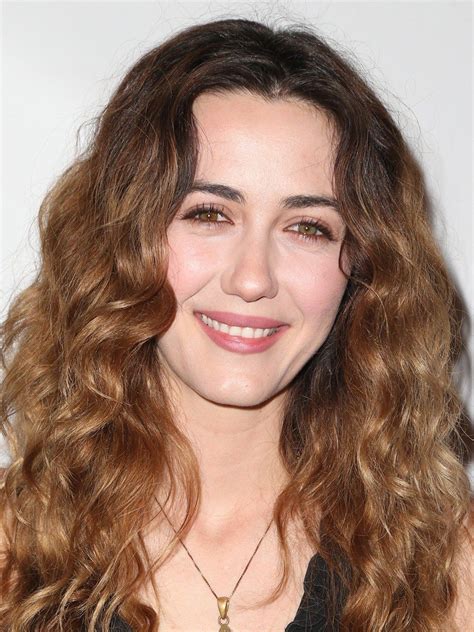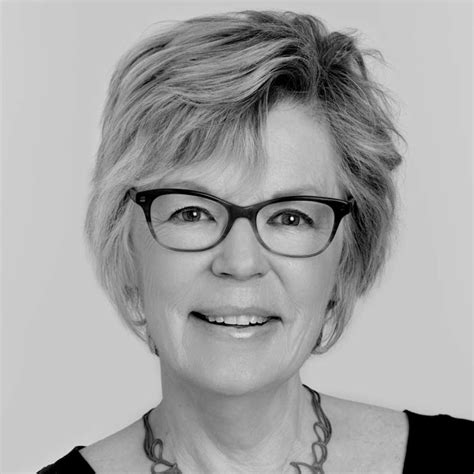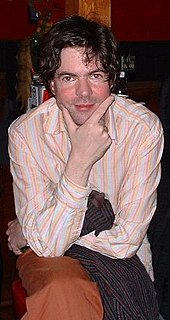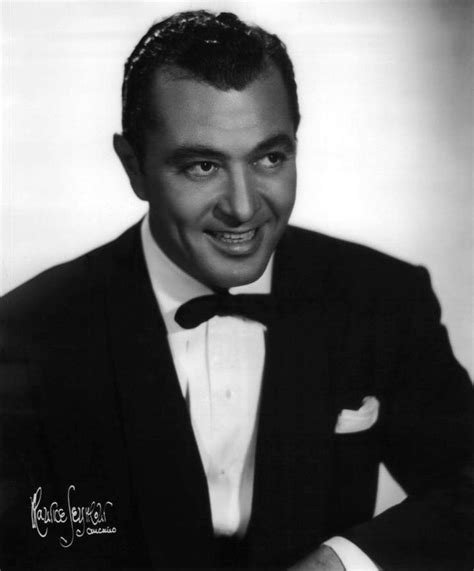A Quote by Johnette Napolitano
I enjoyed recording at home. I had the luxury of being able to re-record things.
Related Quotes
You sometimes get the feeling that people think getting back together after a hiatus to write and record a record is work, you know, arduous and unpleasant. Being able to write and record - that's a privilege. I don't forget the long days I spent working in a restaurant, when I wanted to be done so I could go home and work on a song.
When a mother comes home with her new baby, she will find her abstractions are all concrete now. 'Freedom' now means being able to take a shower. 'Mobility' means being able to reach the glass of water on the dresser while not breaking the baby's suction on the breast. 'Flexibility' means being able to push the Record function on the VCR without dropping the baby.
I loved the idea of recording. The idea of sound-on-sound-recording captured me as a young kid, and once I realized what it was I had an epiphany. Before I was even playing the guitar, I would create these lists of how I would record things and overdub them, like Led Zeppelin song, 'I could put this guitar on this track...' and so on.
If you're recording the song on your four-track in your kitchen, when you finished writing the song, you're recording, and it's cool, and honor that. And maybe that's the version that should be released. And if you're recording the song again, it shouldn't be because there's a version you love that you're chasing. It should be because "You know what? I made a recording, but I don't love it emotionally." So, okay, then record again. And be in it and take advantage of the buzz and energy of "I'm getting to record right now!" It's such a beautiful and cool privilege.
I call it "being interrupted by success." We had done The Soft Bulletin, which came out in 1999, and we knew we that were gonna make another record before too long. But in between this, we were still in this mode of kind of just - not re-creating what we could be, but kind of doing different things. For the longest time in the Flaming Lips we were like, "Make a record, go on tour. Come back, make another record," and you know, I think, frankly, we were kind of like, "There's more to life than just recording records and going on tour."
I most definitely wanted to make a record out of it. Due to the fact of the negativity and things that transitioned over the years, I just wanted to give [Chris Rivers] his space. I had this record "Danger" which Free Smith produced the beat. It was one of the first beats I got when I started recording again and one of the first I sang to.
For me, I was born in the Bronx, and I moved to Virginia Beach, Virginia at a very young age. I had the luxury of going back to New York, visiting my grandmother who would spoil me endlessly, and I could buy whatever was the hot kicks in the summertime of 1990. Being able to shop and then going back to Virginia Beach, where they weren't as fast in regards to fashion, I had that luxury.
The thing is that I have a really intense, almost compulsive need to record. But it doesn't end there, because what I record is somehow transformed into a creative thing. There is a continuity. Recording is the beginning of a conceptual production. I am somehow collapsing the two - recording and producing - into a single event.



































